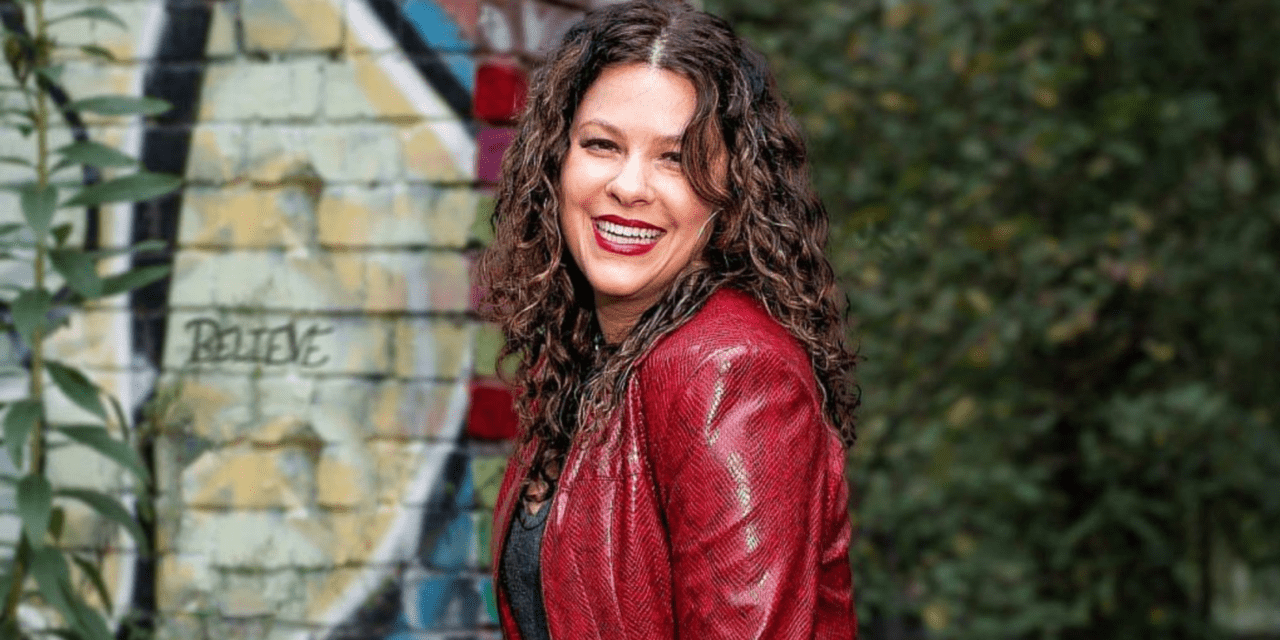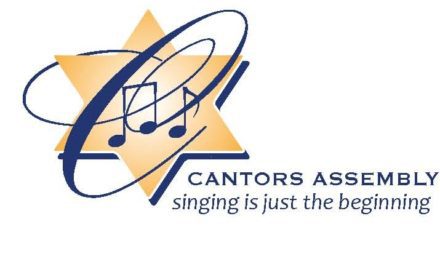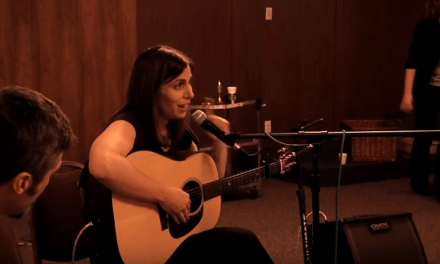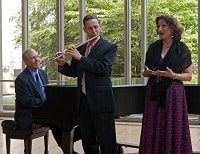Originally published in The Times of Israel, this article was inspired by Ms. Carlebach's participation in our recent "Reframing Carlebach" event and we wanted to share it with our readers.
It was February 2018. I had not been to shul in a few months. I hadn’t even davened alone. I was immersed in my raw and recent acceptance of what women were saying my father had done to them. I was mourning anew. It broke me that I couldn’t ask him about any of this. I was angry with my father, spiritually separate from him for the first time in my life. And it made me feel very lonely, though he’d been dead for nearly twenty-four years. I felt deeply alone in the universe. The world I knew had turned on me.
As my concerts began being cancelled in connection to my father and the rise of #MeToo in Jewish spaces, and as I began redefining my own self in the wake of the renewed allegations, I was left without my father, without my mooring in the world, and suddenly, a single mother, without income.
There were so many tangled parts of life that I simply couldn’t make sense of anything. I didn’t know how to talk to God. Or if I even wanted to. Or what melody to use, because music has always been my prayer. I felt cut off from the language my soul knew best.
One Friday, I decided to go to Romemu in Manhattan. This progressive, spiritual community had been a place of deep inspiration and comfort for me in the past. Usually, when I went, I would make Shabbat plans with friends in the city. But this time I went spontaneously and alone, hoping to find God again, hoping I would gain something. Maybe I would find a seat in a shul where I could just rest.
I arrived on time. (That’s not been a Carlebach trait when it comes to synagogue attendance. Or life. My father was four hours late for his own wedding.) I was anxious, wondering if they would even include my family’s music, and how I would feel if they didn’t. Or if they did.
I was trying to not cry, wanting to pray.
I looked at my accuser and said, “I think you need some help. Your pain is not mine to hold. And this melody isn’t even mine. My father did not write this music. And even if he did, he is not me. Carlebach is my name too.”
It was about twenty minutes into the service, and there was no trace of my music, and I felt its screaming absence in the air. Then someone I didn’t know tapped me on the shoulder, and urgently gestured for me to follow her to the back of the room. Concerned, I followed her, hoping she was OK. Given that the sanctuary was not yet full, a stranger turning for help felt pressing.
We found a quiet corner, and I saw that her body was shaking. I gently touched her arm and asked what was wrong. “It’s you,” she said. “I feel deeply angry seeing you here tonight. I came to shul hoping for some solace but seeing you here — especially now as they are singing your father’s terrible song — is so painful. I didn’t know your father. But I know who he was and this music reminds me of so much pain in my life. I wish you weren’t here.”
I was shocked. I was furious. I was hurt.
This person I didn’t even know had attacked me in a sanctuary and seen me as a screen on which to project her personal pain, a pain she associated with my father, a rabbi she had never met. Her pain was triggered by music offered by a spiritual community with no intent to hurt anyone.
I looked at my accuser and said, “I think you need some help. Your pain is not mine to hold. And this melody isn’t even mine. My father did not write this music. And even if he did, he is not me. Carlebach is my name too.”
I left the shul, with tears streaming down my face.
I didn’t return to any shul for many months, fearful that what happened that Friday night would be repeated.
* * *
It took years before I was brave enough to share this story publicly. With the support of beautiful colleagues and friends from the Cantors Assembly, I participated in a panel discussion, entitled “Reframing Carlebach,” an exploration of ethical decision making when art that deeply inspires us is created by human beings who deeply disappoint us. On the panel were those who had grappled with whether to include my family’s music in their services, as well as those whose work included counseling victims of abuse, and those who were navigating a social phenomenon some call “Cancel Culture,” in which nothing is worthy if created by a person who has done wrong.
It’s hard not to want to defend the man who I knew as my father. But I also know now it’s impossible for me to defend him.
The architects of the event were methodical and caring in their design. They were hoping to find clarity for cantorial colleagues seeking answers. In the end, they heard from cantors that their careful treatment of the subject, however honest and probing, didn’t ultimately provide a definitive answer. More conversations are currently being scheduled. I do not presume a universal answer to result from them either. This is a bigger question than most realize, but I believe that discussing it and understanding all of its complexity is the only way forward.
I decided to pre-write my remarks. I didn’t want to be too emotional. I know that I get very activated by this conversation. It’s hard not to want to defend the man who I knew as my father. But I also know now it’s impossible for me to defend him. And it’s very hard not to take things personally. Carlebach is my name too.
Many people worldwide signed up for the event or viewed it afterward. I received many emails in response, some filled with compassion, some with anger, but none with neutral language. Either I had damned my father to oblivion or my vulnerability had touched their hearts. The responses didn’t match the nuance of the panel’s preparation, which was balanced, thoughtful, and kind.
I shared the story about my experience at Romemu with the hopes that we could acknowledge the legitimate pain that is out there and begin to truly create a mechanism for helping those who suffer in sacred spaces.
Clearly, the work is ongoing. There are many passionate advocates with strong feelings on these questions, and my father’s music is only one place attention must be paid. Can we hold the gray space of human failure and creativity? Can we see art as larger than an artist? Can we judge people for their own actions, not condemning or praising them for who their fathers were? Can we access our tradition of believing in teshuvah – repentance – at the same time we tend to people’s pain?
In this time of pandemic, the world feels smaller and more connected, yet lonelier than ever. I know that singing is such a big part of what we need to heal.
Whatever the song is, I pray that we sing – loudly – for ourselves and for each other.




